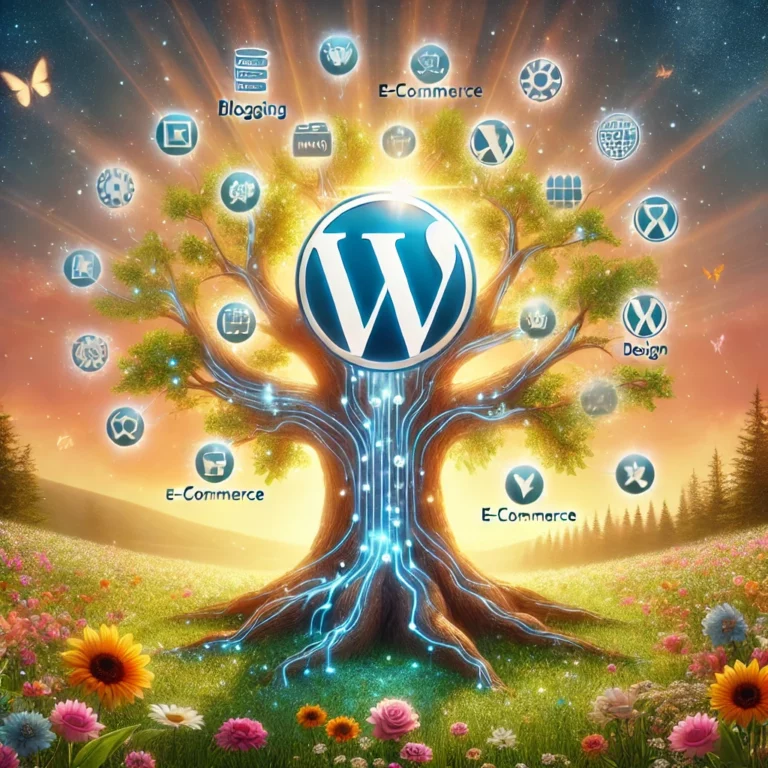Well, both can be true! Let’s explore the nuances behind database queries in WordPress and how to ensure they enhance, rather than degrade, your site’s performance.
◾ Yes, Queries Are Essential:
- Fetch Data Fast: Queries allow you to pull content dynamically—whether it’s posts, users, or custom fields.
- Powerful Flexibility: Tools like WP_Query give developers full control to filter, sort, and customize content retrieval.
- Custom Tables: Advanced users can create custom tables to store structured data beyond what WordPress offers by default.
◾ But Queries Can Also Be a Bottleneck:
- Unoptimized Queries: Complex queries without indexes can lead to slow database performance.
- Too Many Queries: Multiple queries fired on a single page load can overwhelm the database and slow down the site.
- N+1 Problem: Fetching related data with multiple queries instead of one optimized query can degrade performance significantly.
📌 How to Keep Queries Efficient:
1️⃣ Use Caching Wisely: Implement object caching to store the results of expensive queries temporarily in memory (using Redis or Memcached).
2️⃣ Optimize WP_Query Usage: Be selective about what data you query. Avoid using get_posts() without setting limits or conditions.
3️⃣ Database Indexing: Add indexes to your custom database tables for faster lookups.
4️⃣ Query Monitor Plugin: Use Query Monitor to track and optimize the number and execution time of queries.
📖 How WordPress Queries Evolved:
In early versions of WordPress, queries were simple and mostly used to fetch posts and pages. As developers began building more complex sites, the WP_Query class and custom database queries became vital tools for building scalable applications.
📌 What Happens When Queries Go Wrong?
- Slow Page Loads: Long-running queries can lead to slow page responses and frustrated users.
- Database Locking: Poorly designed queries can lock up the database, preventing other requests from executing.
- Timeouts on Large Sites: On high-traffic sites, unoptimized queries can cause timeouts or strain on the server.
📌 Best Practices for Query Management:
1️⃣ Limit Query Results: Use posts_per_page and pagination to prevent fetching unnecessary data.
2️⃣ Batch Processing: Process large datasets in chunks to avoid timeouts or memory exhaustion.
3️⃣ Avoid Querying Inside Loops: Don’t place expensive queries inside loops—use joins or eager loading techniques where possible.
4️⃣ Monitor and Optimize Regularly: Periodically check your site’s queries and refine them for better performance.
📌 Summing it Up: Database queries are the heart of a WordPress site, but they need to be used wisely. With proper optimization, caching, and monitoring, queries can drive your site’s performance to new heights. Without these practices, they can bog down your site and lead to poor user experience.
💡 Pro Tip: Use Query Monitor and Redis Object Cache to gain control over your database queries and make your site lightning-fast. 🚀
That’s the beauty of database queries—a small tweak can make a huge difference in performance. 😊
📌 Follow Ali Ali for more tips on PHP, WordPress, and performance optimization.
#PHP #WordPress #DatabaseQueries #Optimization #WebDevelopment #WPTips


